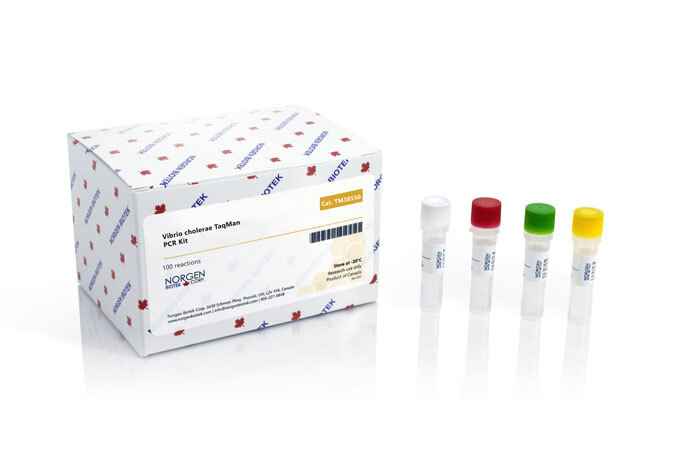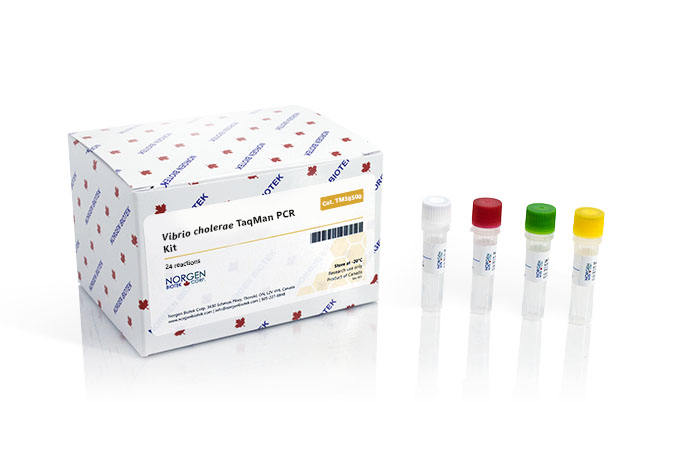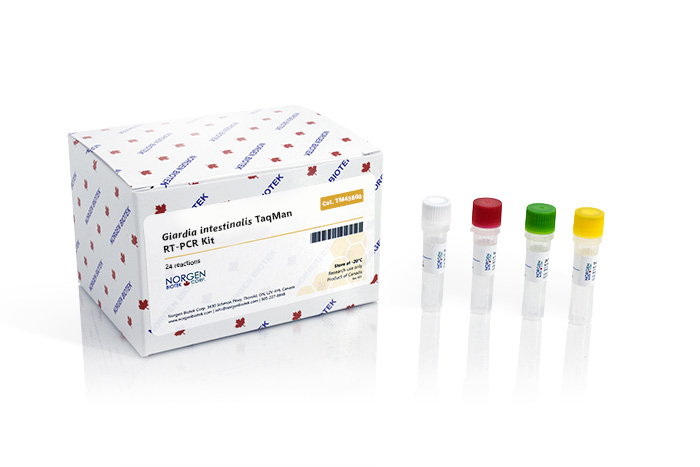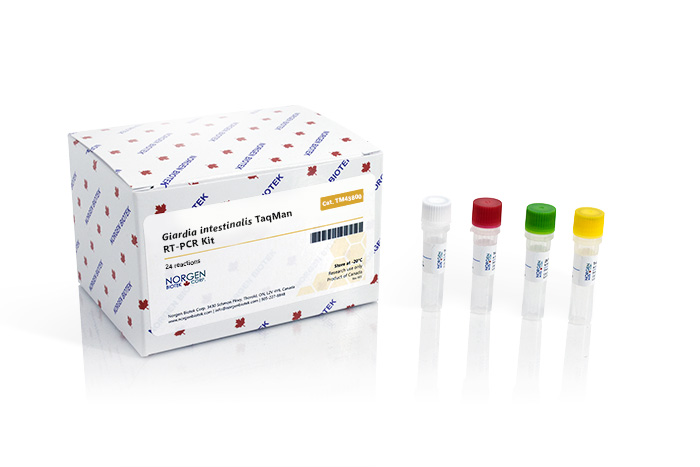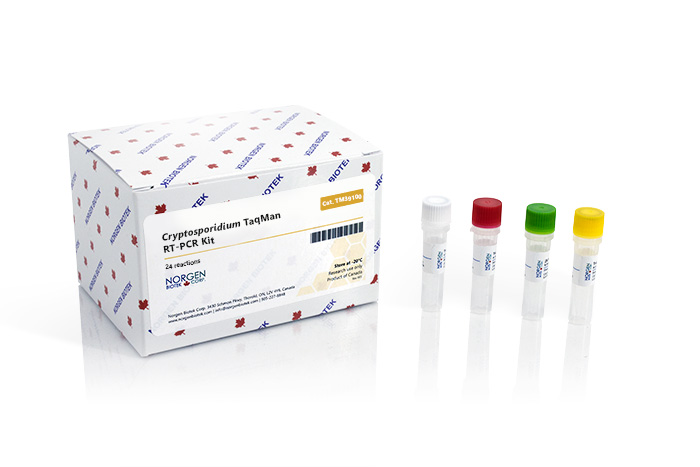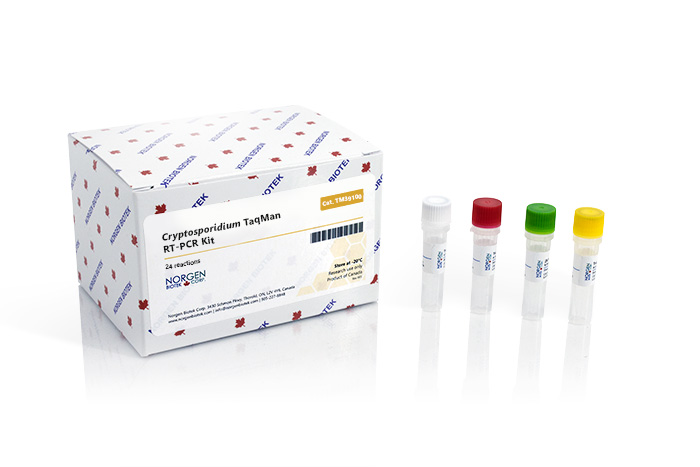Cholera is an acute diarrheal illness caused by the toxigenic bacterium Vibrio cholerae, associated with significant global morbidity and mortality. Transmission occurs through ingestion of food or water contaminated with Vibrio cholerae. With its ability to cause severe dehydration and potentially fatal consequences if left untreated, cholera remains a significant global health concern across the developing world. The World Health Organization estimates that 2.9 million people become sick with cholera each year, and 95,000 people die from it. In this blog post, we will explore cholera’s epidemiology, global impact, prevention, and diagnostic strategies, shedding light on the importance of understanding this disease for public health and research.
Cholera Outbreaks: A Global Challenge
Cholera outbreaks are a grave concern, particularly in regions of Africa and Asia with poor sanitation infrastructure and limited access to clean water. The modern history of cholera began in 1817 when an epidemic broke out in the Ganges River Delta region of Bengal–the bacterium’s original reservoir1. Since that time, cholera has spread across the world during seven successive pandemics. The current (seventh) pandemic started in South Asia in 1961, reached Africa in 1971 and the Americas in 19911.
The last few years have been particularly devastating. In 2021, the World Health Organization reported an acute upsurge of the seventh cholera pandemic, characterized by devastating outbreaks, significantly worse mortality rates, and rapid spread in areas free of cholera for decades.
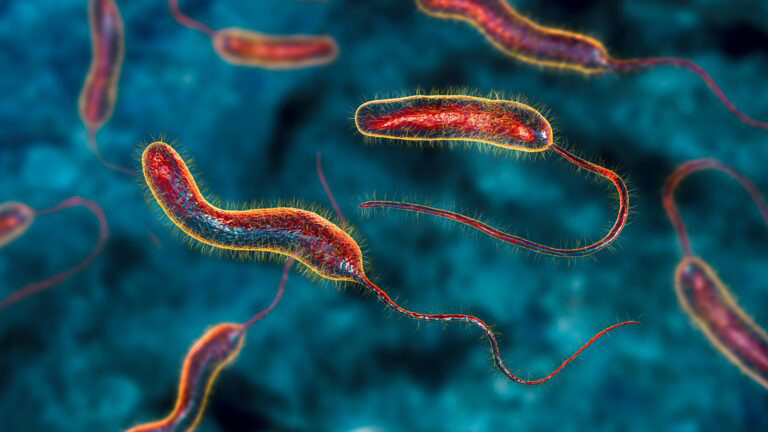
Effective Methods for Cholera Prevention
The Centers of Disease Control and Prevention (CDC) emphasize on the importance of preventive measures to limit the spread of the disease. Some of the key preventive measures include:
Want to hear more from Norgen?
Join over 10,000 scientists, bioinformaticians, and researchers who receive our exclusive deals, industry updates, and more, directly to their inbox.
For a limited time, subscribe and SAVE 10% on your next purchase!
SIGN UP
- Safe water and sanitation: access to clean drinking water and proper sanitation facilities significantly reduces the risk of cholera transmission. This involves treating water sources, improving sewage systems, and promoting hygiene practices such as handwashing.
- Food Safety: Ensuring the safety of food by promoting proper food handling, hygiene practices during food preparation, and avoiding consumption of contaminated or raw seafood is crucial to prevent cholera infections.
- Public Health Measures: Early detection, prompt reporting, and effective response are essential for controlling cholera outbreaks. Public health authorities should implement surveillance systems, strengthen healthcare infrastructure, and educate communities about prevention and treatment.
- Vaccination: Vaccines against cholerae have been developed and are recommended for individuals residing in endemic areas or traveling to regions with a high risk of cholerae outbreaks. These vaccines can help prevent or reduce the severity of the disease.
The Role of Norgen Biotek with the Detection of Cholera:
Norgen Biotek’s Vibrio cholerae TaqMan PCR Detection Kit Dx provides a rapid and accurate solution for the detection of cholera in research settings, enabling early intervention and prevention of outbreaks. Norgen’s Kit is designed for the detection of Vibrio cholerae-specific DNA in a real-time PCR based on the use of TaqMan technology. Norgen’s Water-Borne Pathogen Detection Kits offer further diagnostic insights, with accurate detection of other clinically relevant pathogens such as Giardia intestinalis or Cryptosporidium. By leveraging innovative technologies, Norgen Biotek is empowering healthcare professionals and researchers to identify and monitor the presence of cholera, thus facilitating effective public health measures.
Cholera remains a significant global health concern, especially in regions with inadequate water and sanitation infrastructure. By raising awareness, supporting research, and implementing effective prevention, diagnostic, and treatment strategies, we can work together to eliminate cholera and safeguard public health globally.

